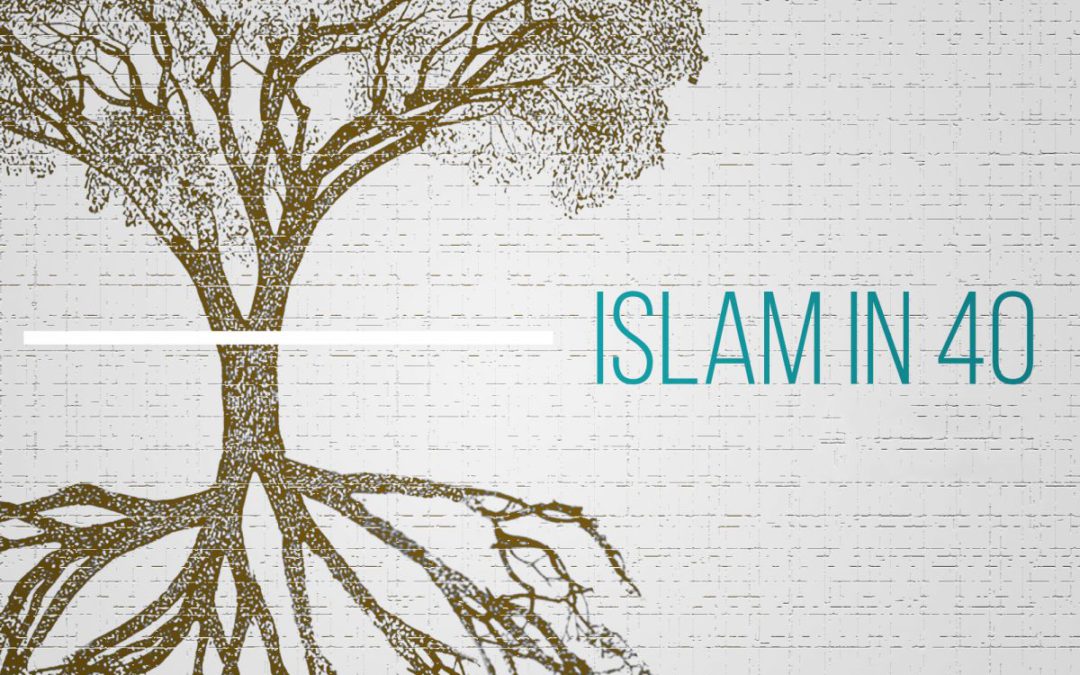In the last post, I introduced the Forty Nawawi Hadith Collection as a way to understand Islam in a holistic way.
The inspiration for Al-Nawawi to compile these ahadith (42 in total) was a Prophetic tradition that exhorted people to preserve 40 hadiths for the Ummah. Al-Nawawi’s collection was not the only such collection, but it became the most well-known among Muslims. Many memorize the 42 ahadith growing up.
In the introduction to the compilation, al-Nawawi gives us his rationale for choosing these specific texts: He wished to compile around 40 ahadith that summarize the central tenets of Islam. “الأحاديث التي عليها مدار الإسلام”
So in reading this compilation, we have an opportunity to understand how Al-Nawawi understood Islam in its entirety – that is a holistic understanding of Islam that focuses on the principles and fundamentals rather than the details and particulars.
Many of us are victim to a granular understanding of Islam that is gained through being exposed to individual texts or the lens of a particular issue. There are flashpoints that every Muslim today seems to be exposed to from the broad and significant like gender equity to the banal but recurring like halal meat. Even the most banal issues of practice are important, but they must be underpinned by a perspective on the faith or a framework. And Al-Nawawai provides that framework by focusing on the texts that encapsulate the meaning of Islam.
The order of the ahadith is important, and we see Al-Nawawi reference the order on occasion. But we have very little to go by in terms of Al-Nawawi’s own explanation for why he specifically chose these texts or the order. Nevertheless the rationale for some choices seems self-evident.
For example, the first hadith in the collection revolves around the central importance of intention. Deeds are only worth the intention behind them. The last hadith in the collection is about the Infinite Forgiveness of God and His generosity. The only requisite to God’s forgiveness is the sincere asking of It.
And so, right at this point, we understand that Islam begins and ends with a focus on God. It begins with focusing on God by sincerely intending to do what is right. And it ends with often returning to God and having hope in His Mercy, Forgiveness and Generosity.
In between sincere intention and the seeking of forgiveness there is much, but those two signposts are the “bookends” of Islam: Sincerity in the beginning and in the end.

